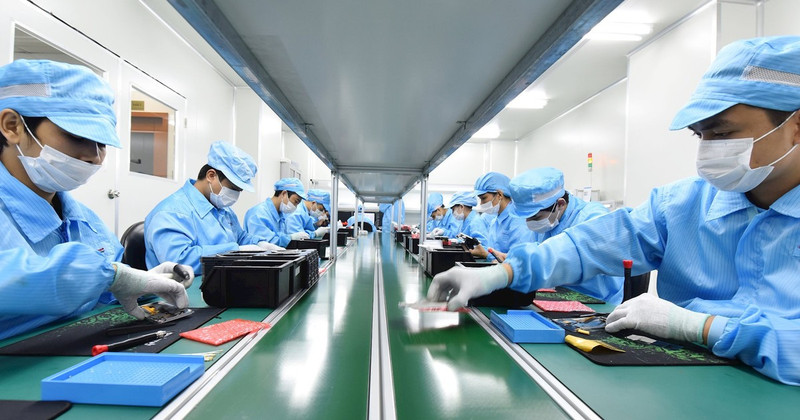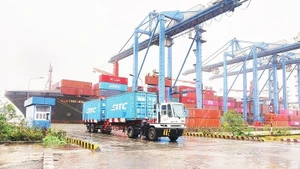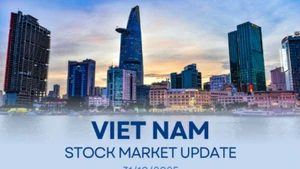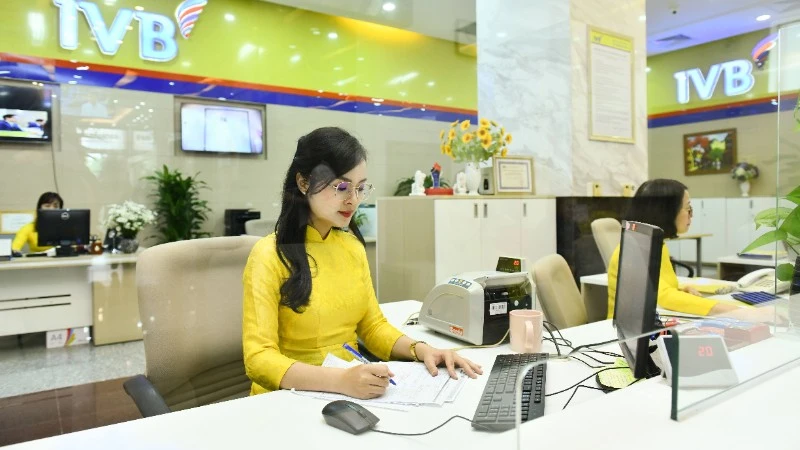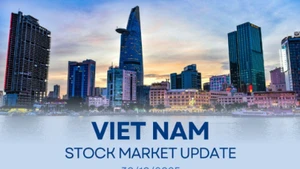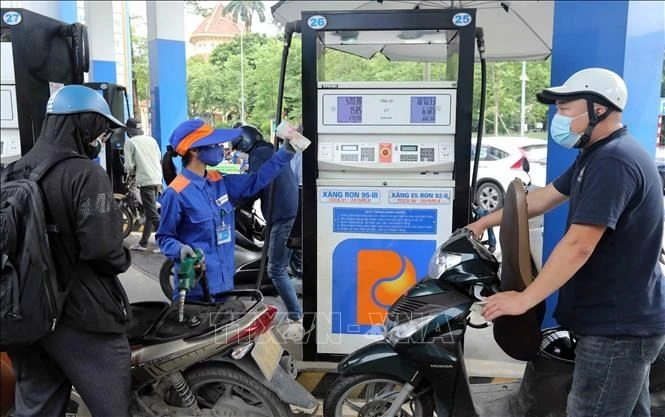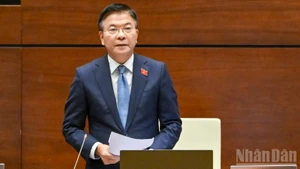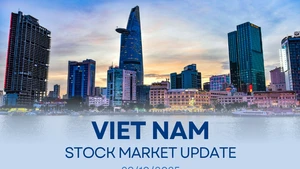When Vietnamese enterprises take the initiative to "change roles"
In early December 2024, the announcement of two leading US technology corporations, Nvidia and Google, deciding to establish their presence and investment in Vietnam has been widely regarded by economic experts as a highly positive signal for investment attraction. Specifically, Nvidia plans to establish a Research and Development (R&D) Centre and an Artificial Intelligence (AI) Data Centre to advance AI applications, along with acquiring VinBrain — Vingroup's AI-focused company. Meanwhile, Google has unveiled plans to launch Google Vietnam, which is expected to commence operations in April 2025.
Dr Le Cao Thanh, Director of the Strategic Research Institute under Ho Chi Minh City University of Industry and Trade, said that the shift in attention by the US and Germany toward the Asia-Pacific region could lead to a significant surge in foreign direct investment (FDI) inflows into Vietnam. This shift presents a valuable opportunity for Vietnam's supporting and technology enterprises to join global value chains, provided they know how to seize the moment effectively.
According to the World Business Outlook Fall 2024, which has been recently published by the German Chamber of Commerce and Industry in Vietnam, German investments in the country have reached an all-time high. This achievement reflects the increasingly robust partnership between the two nations. Over 530 German companies are now operating in Vietnam, with a total investment of 3.6 billion USD across various sectors, including manufacturing, logistics, energy, and high technology. Vietnam’s stable economic growth and strategic position as a production and export hub have enabled German businesses to diversify their global supply chains. This development creates significant opportunities for innovation and collaboration, aligning with the strategic goals of German enterprises.
Dr Scott McDonald, a supply chain and logistics expert at RMIT University, noted a clear shift from simple supplier relationships to comprehensive partnerships. Many Vietnamese companies have evolved beyond being just suppliers to forming strategic partnerships within global value chains. These partnerships include joint product development, market research collaborations, and long-term supply agreements, enabling businesses to respond effectively to market fluctuations.
In fact, instead of merely competing on price, Vietnamese manufacturers are now focusing on developing unique products and specialised capabilities, positioning themselves as valuable partners for global FDI enterprises.
Laying the foundation, building trust
Establishing a solid foundation for Vietnamese businesses to integrate more deeply into the value chains of developed nations such as the US and Germany is crucial at this time. This approach also strengthens Vietnam’s business ecosystem, making it more sustainable and attractive to high-quality FDI.
A key element of this foundation is cultivating a high-quality workforce capable of meeting the demands of enhancing Vietnam’s competitiveness within the technological value chain.
Speaking at the seminar themed "Launching and consulting to support enterprises in developing core industrial products, smart factories, and industry 4.0 standards", Dr Le Ngoc Quy, Director of the IoT Platform Centre (Viettel High Tech – Viettel Group), candidly pointed out a concerning reality: Vietnam’s labour productivity remains low compared to developed countries. Additionally, due to the lack of expertise in design and core technology, most Vietnamese businesses are confined to assembly processes, which generate low added value.
Thus, despite the strong growth in exports in recent years, the real value retained within the country remains relatively limited, posing a significant challenge for Vietnam's economy to escape the "low-middle-income trap". According to Dr Nguyen Thai Tung, from the Department of Technology Development and Innovation under the Ministry of Science and Technology, to gain a competitive advantage and maximise profits, Vietnamese businesses need to establish a roadmap for technological innovation in tandem with developing smart factories. This approach is essential for making breakthroughs in the global value chain.
To deepen their integration into global value chains, Dr Le Cao Thanh emphasised that Vietnamese enterprises must focus on training workers with the skills required to build a highly specialised workforce in advanced technological fields.
Moreover, enhancing compliance capabilities is indispensable for "laying the foundation" to participate in global value chains. According to Dr Scott McDonald, investing in expertise and systems to ensure smooth customs clearance processes not only helps maintain the reputation of Vietnamese businesses as reliable global partners but also strengthens trust with collaborators. When choosing to join a value chain, Vietnamese enterprises should clearly define their role, scale, and the proportion of the value from their activities contributing to the total value of the chain. Vietnam’s cooperation with major technology players compels domestic businesses to embrace innovation, leverage shortcuts, and "stand on the shoulders of giants" to realise their aspirations of joining global value chains.
"Participating in global value chains is not an unattainable dream. Enterprises must proactively prepare for a promising future in the digital economy."
DO THI THUY HUONG, Vice President of Vietnam Association of Supporting Industries
